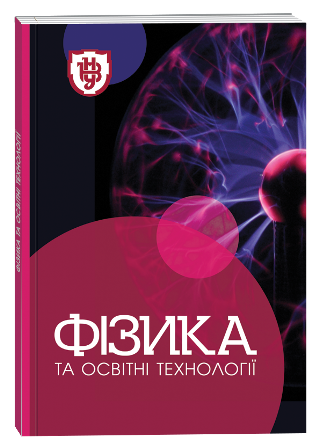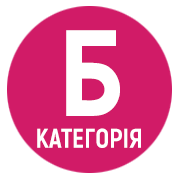FEATURES OF CONDUCTING LABORATORY CLASSES ON THE RESEARCH OF RESONANCE PHENOMENA IN ELECTRICAL CIRCUITS OF ALTERNATING CURRENT
DOI:
https://doi.org/10.32782/pet-2025-1-5Keywords:
resonance of currents, resonance of voltages, active Lpir, inductive and capacitive resistance, electric circuitAbstract
The modern stage of education development is characterized by the wide introduction of information technologies into professional pedagogical activity, which ensure the education system reaches a qualitatively new level due to the effective use of electronic educational resources. The increasing speed of change in science-intensive technologies in the field of electronics brings to the fore the need to implement such training in electrical engineering disciplines, the content of which is not so much in the transfer of knowledge, but rather in the preparation of university graduates with a predominant focus on the development of high professional competence. Learning the basics of electronics is extremely important for future teachers, especially in today’s world, where technology is rapidly developing and actively integrated into the educational process. A future teacher who is familiar with the basics of electronics is better oriented in the modern technical environment. This allows him to understand the principles of operation of electronic devices used in education (for example, interactive whiteboards, laboratory equipment, computers), to use technology to improve the effectiveness of education.Electronics is an important component of STEM education. Future teachers who know the basics of this discipline can organize interesting classes with elements of robotics, programming or designing electronic circuits, motivate students to study technical sciences. The skills of working with electronics contribute to the development of logical thinking and understanding of cause and effect relationships, the ability to solve technical problems and apply knowledge in practice.A modern teacher must keep up with the times and know how to use new electronic tools and devices. For example, using Arduino or Raspberry Pi for integrated lessons, teaching students to create simple electronic projects. Teachers who know the basics of electronics are more valuable in the labor market because they can perform not only an educational but also a technical function. They are able to conduct electives, groups or special courses related to modern technologies. Basic knowledge of electronics allows you to teach the rules of safe use of electrical appliances, prevent danger, and develop a conscious attitude to work with technology in children.
References
Кевшин А. Г., Галян В. В. Електроніка : конспект лекцій. Луцьк : Вежа-Друк, 2018. 87 с.
Кевшин А. Г., Новосад О. В., Федосов С. А. Електротехніка : навч. посіб. Луцьк, 2021. 127 с.
Співак В.М., Гуржий А.М., Нельга А.Т., Ітякін О.С. Загальна електротехніка і основи електроніки: навчальний посібник. Київ : КПІ, 2020. 266 с.
Кевшин А., Галян В., Третяк А., Артюх Ю., Шафарчук В., Никифоров О., Куршель Д. Використання практичних та лабораторних занять під час вивчення складних лінійних електричних кіл постійного струму в курсі електротехніки. Фізика та освітні технології. 2022. № 1. С. 27–33.








